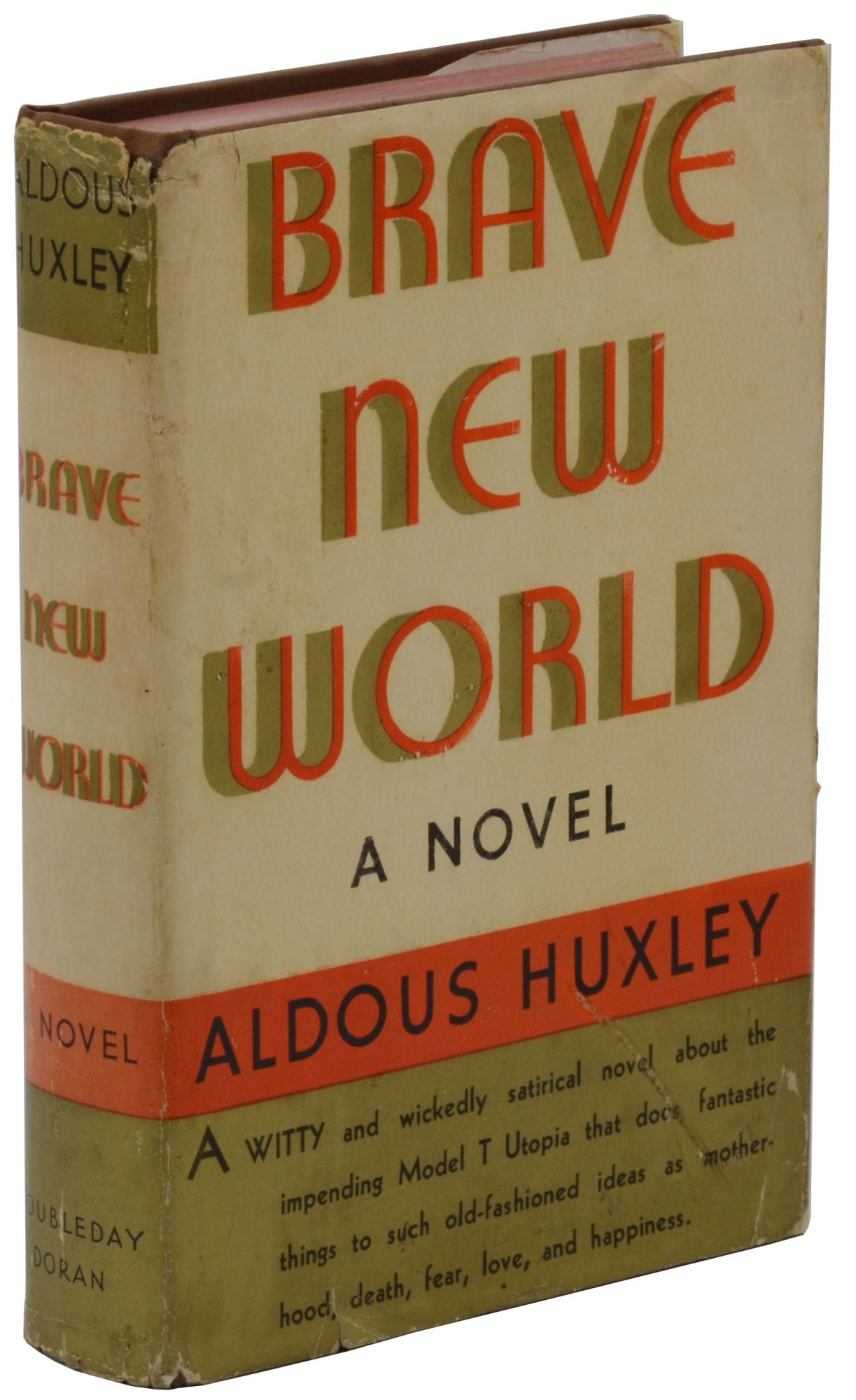

She describes how “ultra-leftists", enraged by her criticisms, bombard her with online tirades. Like Mr Murong’s, it is scathing about the government’s response, including the initial attempts to suppress news of the disease’s spread. Published in 2020, it is a translation of her posts to Chinese social media in that period. Mr Murong’s book follows another by a prominent Chinese writer about Wuhan’s shutdown: “Wuhan Diary" by Fang Fang (whose real name is Wang Fang and whose home town is Wuhan). In the preface he says that recalling his efforts, undertaken while dodging the Chinese police, still gives him a “heart-sinking, bitter taste of terror" even though he is now “out of their reach". Before its publication-last year in Australia and now elsewhere-he fled abroad. Yet one author, Murong Xuecun (the pen name of Hao Qun), managed in 2020 to interview people about their experiences of Wuhan’s 76-day lockdown at the start of the pandemic and to write a book, “Deadly Quiet City". Several citizen journalists have suffered the consequences of reporting independently: imprisonment, police intimidation to keep them silent, or simply being “disappeared".

It has taken much bravery to produce them. This enhances the value of the few independent accounts that Chinese people have written of how the pandemic unfolded in their country. Victory will be the only permissible verdict. There will be no open investigation into where the virus came from, or whether better safety precautions-say in a lab or a wet market in the central Chinese city of Wuhan-might have prevented a global disaster. There will be no public inquiry in China into how officials handled the outbreak or the harsh and protracted lockdowns in city after city. The story of how covid emerged late in 2019, and of how the Chinese government responded, is another that will be clouded in Chinese minds by disinformation and lies. Some sympathise with the party’s decision to crush what were in fact peaceful demonstrations, believing the official narrative that large riots had broken out. Likewise, many who have grown up since the Tiananmen Square protests of 1989 are confused about what happened.
Brave books free#
Without a free flow of information to help them identify the real culprit, most Chinese bought the party line. But poor harvests were officially blamed on natural disasters. Millions died in the famine triggered by Mao Zedong’s Great Leap Forward of the late 1950s.

It does not store any personal data.The party is a master at controlling and confusing memories. The cookie is set by the GDPR Cookie Consent plugin and is used to store whether or not user has consented to the use of cookies. The cookie is used to store the user consent for the cookies in the category "Performance".

This cookie is set by GDPR Cookie Consent plugin. The cookie is used to store the user consent for the cookies in the category "Other. The cookies is used to store the user consent for the cookies in the category "Necessary". The cookie is set by GDPR cookie consent to record the user consent for the cookies in the category "Functional". The cookie is used to store the user consent for the cookies in the category "Analytics". These cookies ensure basic functionalities and security features of the website, anonymously. Necessary cookies are absolutely essential for the website to function properly.


 0 kommentar(er)
0 kommentar(er)
